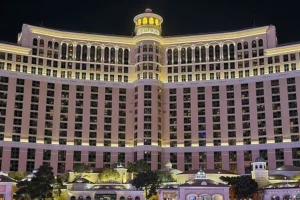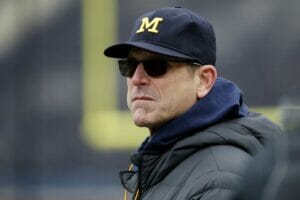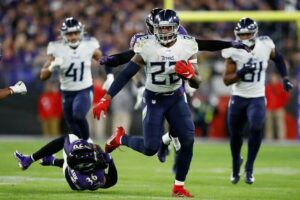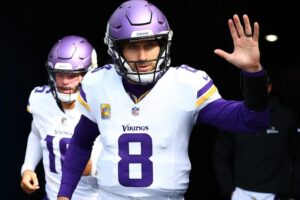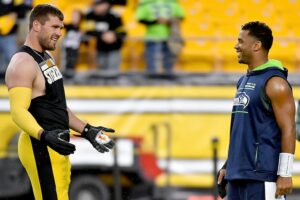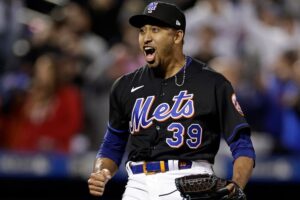College Athlete Compensation Gets Complicated with Unionization Vote and New NIL Law
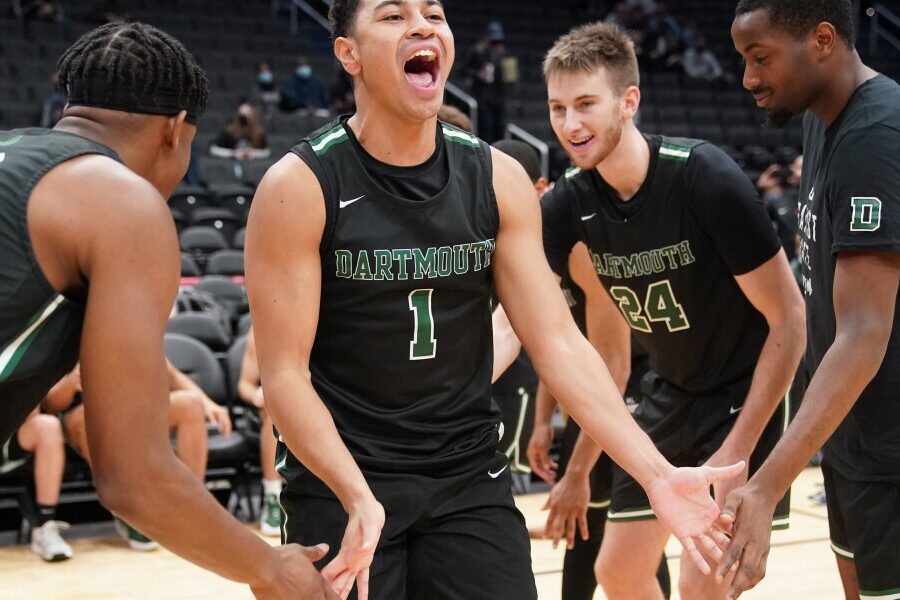
Officially, the NCAA still considers its athletes to be amateurs. Millions roll in with new college football television contracts, and the upcoming Men’s NCAA Division I Basketball Tournament is worth $1.1 billion annually to the NCAA with its current television contract with CBS Sports and Turner Sports. The eight-year, $8.8 billion extension begins this year, following a 14-year, $10.8 billion rights deal.
Name, image, and likeness rules (NIL) were supposed to help lessen the financial disparity between the product we pay to watch (the players) and the profiteers for those billions of dollars (the university presidents, athletic directors, and coaches).
It’s not doing enough, say players, and the Dartmouth men’s basketball team has done something about it. On Tuesday, they voted to unionize, 13-2.
Historic Move to Unionize
Dartmouth is aware that very little of the billions of dollars generated by college sports is generated by them. On Tuesday, after their vote, they played Harvard and won just their second Ivy League game of the season. New Hampshire online sportsbooks have Dartmouth at +2500 to win the Ivy League conference tournament, with Princeton as the favorite at -165.
Dartmouth is small and inconsequential when it comes to which team will cut down the nets in Glendale, Arizona in a month. But that is exactly why they are able to lead this fight. Large state schools are not under the jurisdiction of the National Labor Relations Board (NLRB), but private universities are. And in the Ivy League, the players don’t even receive athletic scholarships.
Northwestern football tried to unionize in 2015, but the NLRB blocked the vote because the majority of the Big Ten was beyond their jurisdiction. Having unionized teams competing against nonunion teams would lead to different standards for each.
But all of the Ivy League is private, and the attitudes toward compensating college athletes has changed considerably since 2015.
Juniors Cade Haskins and Romeo Myrthil have led the effort for Dartmouth, and they say that student-athletes from almost every conference in the country have reached out to them for advice on how to organize themselves. For their overall goals, Haskins and Myrthil say that they want to form an Ivy League Players Association that would include all the schools and athletes from other sports.
Dartmouth is appealing a ruling last month by the NLRB that said their players are employees, and the university will file its objections to the board by March 12. It’s possible that this case will make it into federal court before any resolution between the players and university is reached.
Dan Hurley, the head basketball coach for the defending national champion UConn men’s team, said that he sees unionization and employee benefits as the future.
“These players are putting in incredible work weeks for five, six months. I think there’s so much there that’s going to have to be settled.”
Utah Banning Some NIL Deals
BYU men’s basketball has another 20-win season, and they are a shoe-in for an NCAA Tournament bid with a win at Kansas on February 27. College basketball online sportsbooks have the Cougars at +1400 to advance to the Final Four.
However, athletes at BYU and other Utah schools are about to see their earning power through NCAA NIL rules reduced by a state law that bans certain deals.
In February, a federal judge said that rules requiring players to disclose to their school any NIL partnership worth more than $600 was void. The Utah law would reinstate that rule, and ban all deals that promote alcohol, marijuana, tobacco, e-cigarettes, vaping, gambling, firearm sales, and “sexually oriented” businesses. It also requires school approval for all NIL deals.
The bill has passed the Utah House and Senate, and is just awaiting the signature of Governor Spencer Cox, who has gone on record in support of the bill. Once he signs it, the rules will go into effect on May 1.





